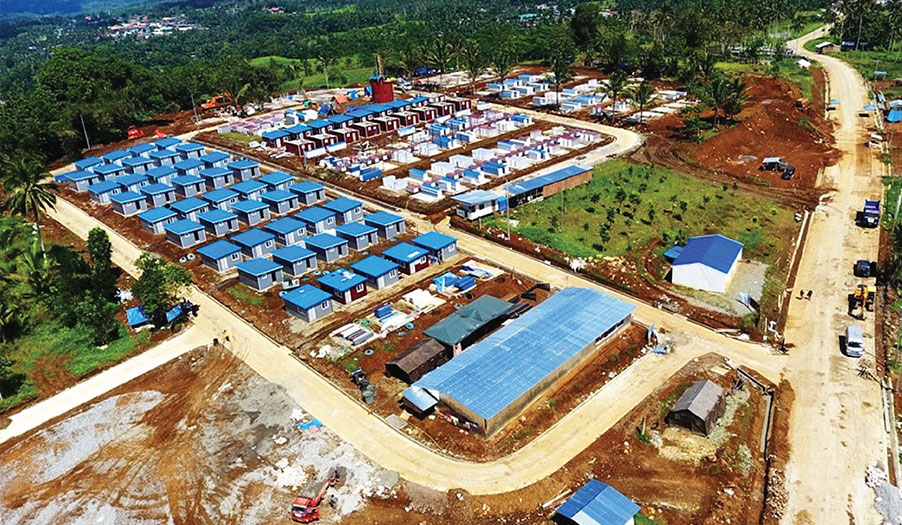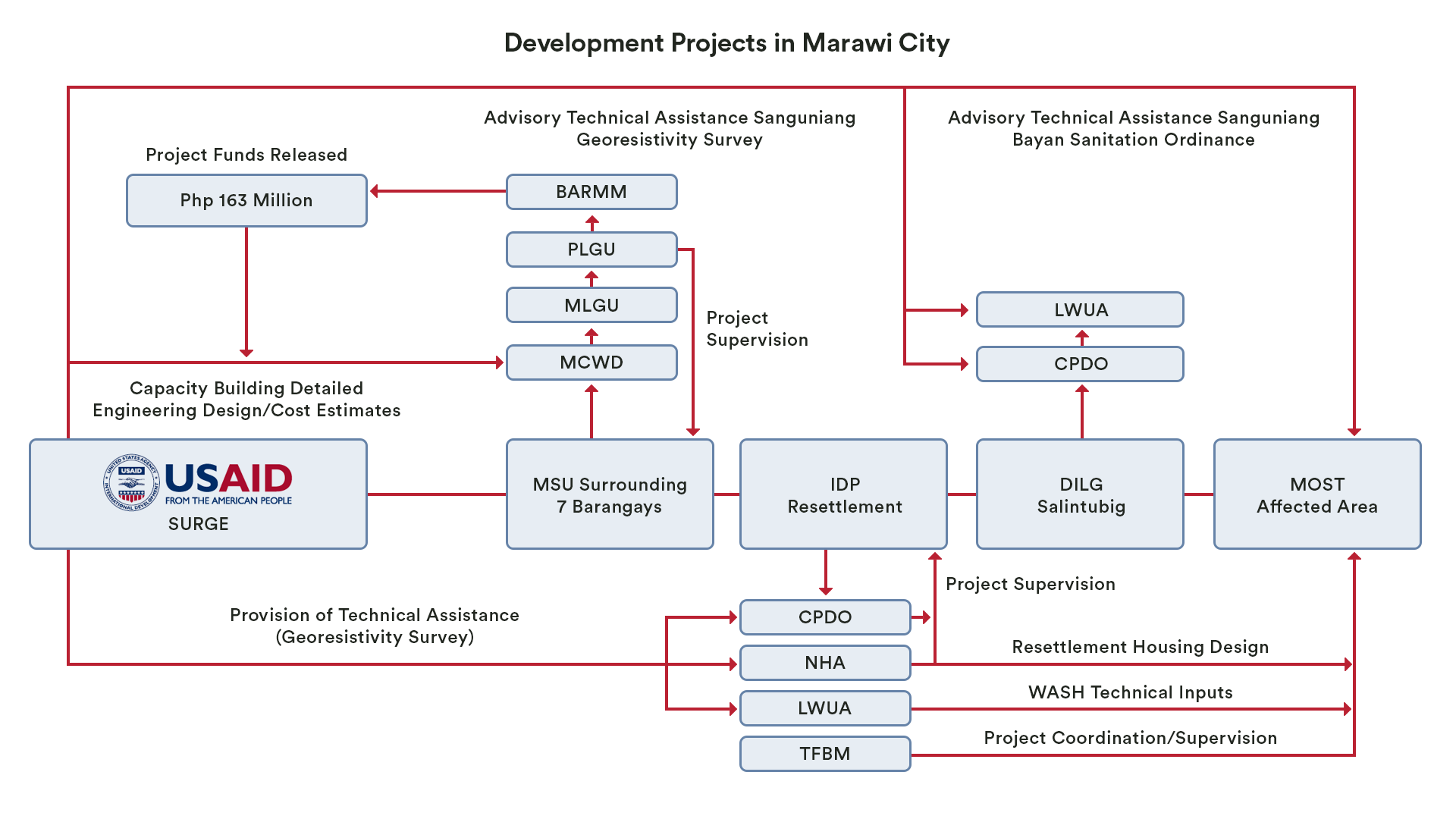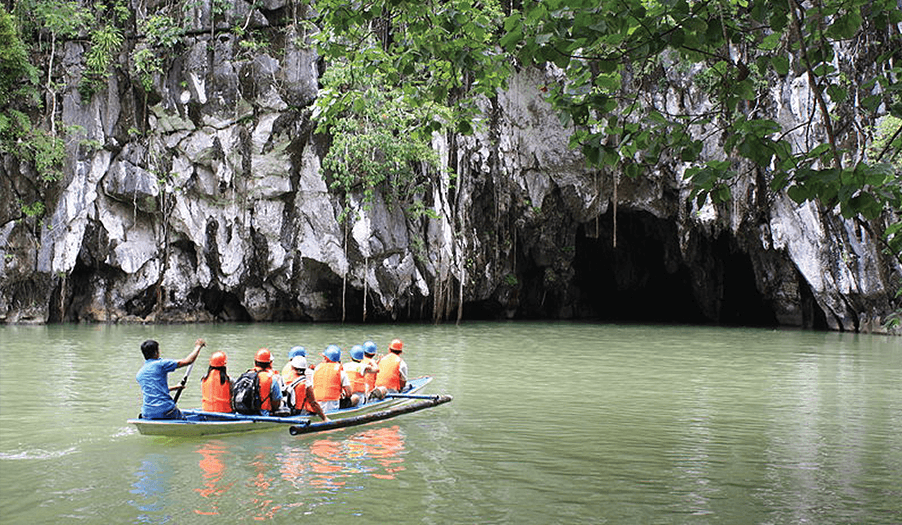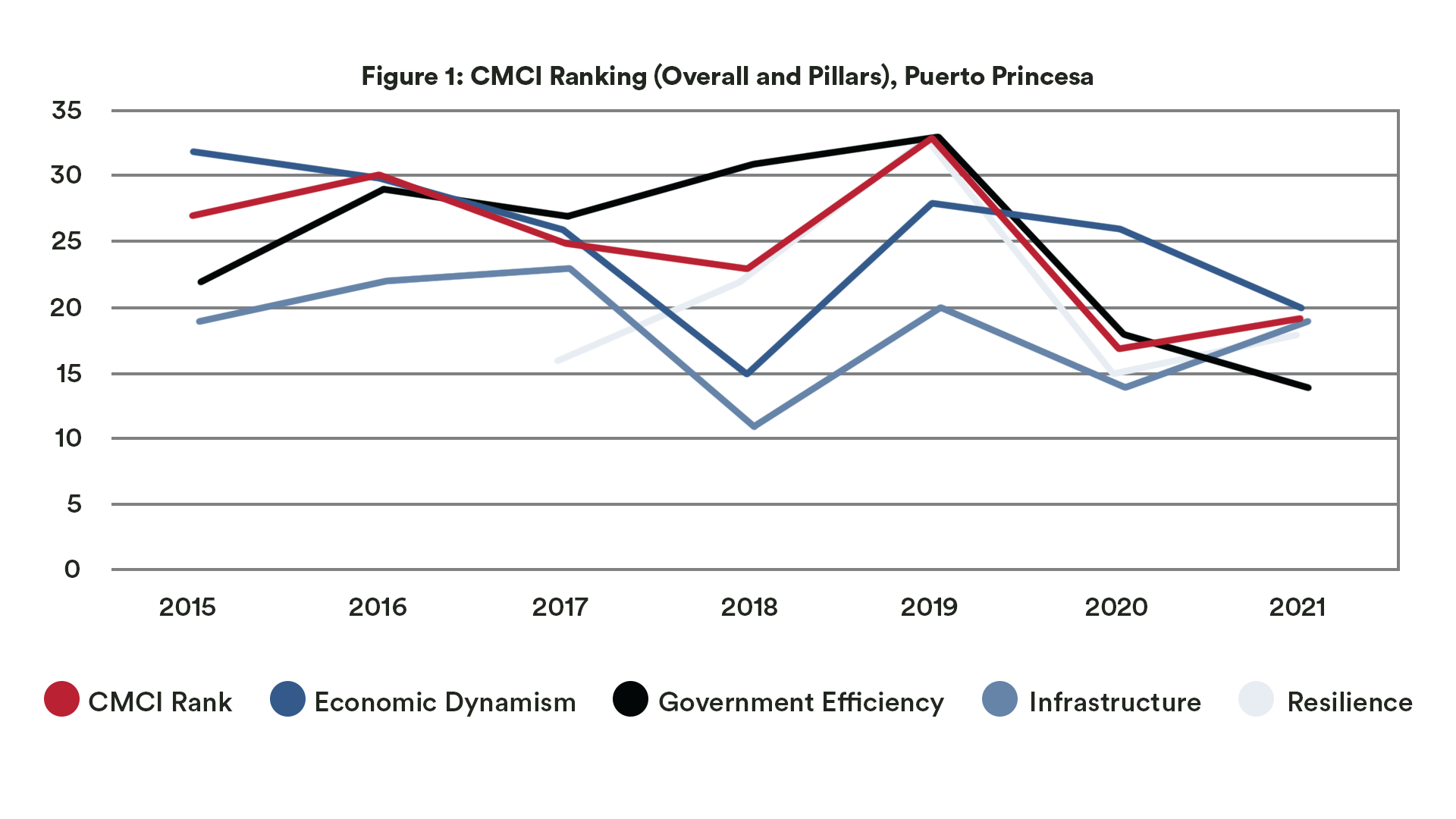Case Studies
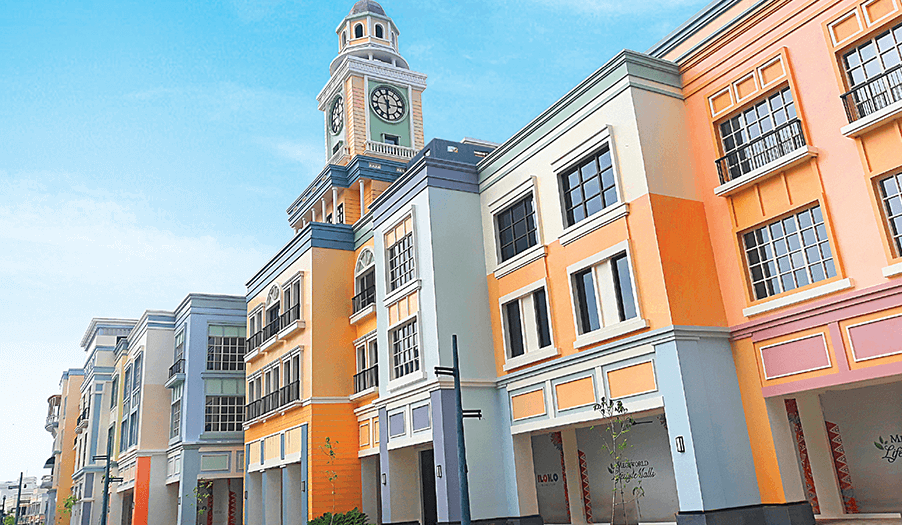
Mainstreaming Disaster Risk Reduction and Climate Change Adaptation in Iloilo Development Planning
Iloilo City is one of the second-tier cities facing challenges in rapid urbanization, vulnerability to disruptions from negative impacts of climate change, and inadequate technical and institutional capacity in climate-resilient and risksensitive urban planning and infrastructure development.
With the City in the process of updating its Comprehensive Land Use Plan (CLUP) for 2021-2029, SURGE intervention came at perfect timing. CLUPs serve as the primary basis for regulating the use of the City’s land resources and as the framework for the different development plans required of local government units under existing national laws and policies such as the Comprehensive Development Plan under the Local Government Code of 1992, Local Climate Change Adaptation plan under the Climate Change Act of 2009, and the Local Disaster Risk Reduction and Management (DRRM) Plan under the DRRM Act of 2010.
SURGE focused on improving Iloilo’s local capacity for inclusive and resilient urban development. At the same time, Water Security for Resilient Economic Growth and Stability (Be Secure), another USAID activity, complemented these by improving the City’s water and sanitation services.
Towards a Resilient Iloilo
SURGE completed an Urban Development Capability Profile

SURGE completed an Urban Development Capability Profile (UDCP) for Iloilo City, covering relevant aspects of land use planning, infrastructure planning, and Geographic Information Systems (GIS). The UDCP provided the baseline for the SURGE technical assistance in Iloilo City on climate-resilient and risk-sensitive land use and infrastructure planning.

SURGE provided training and mentoring sessions to enhance the skills of key LGU personnel on: Vulnerability Assessment (VA), Climate and Disaster Risk Assessment (CDRA), Disaster Risk Reduction and Management (DRRM) Planning, Local Climate Change Adaption Plan (LCCAP) preparation, and updating of CLUP and Comprehensive Development Plan (CDP).
The updated CLUP became the basis for the City’s Zoning Ordinance and other local plans such as LCCAP, DRRMP, and local investment programs. Aside from mainstreaming climate change adaptation and disaster risk reduction, the updated CLUP contained new features, such as the adoption of the integrated watershed eco-systems management framework and the integration of thematic concerns, such as biodiversity, cultural heritage, urban design, and green growth.

SURGE conducted a GIS capacity needs assessment and a GIS planning workshop for all CDI cities. It served as the technical foundation for supporting cities in their GIS database buildup and geospatial systems and development, which are crucial in resilient land use, infrastructure planning, and sustainable land governance.

SURGE helped launch the first Urban Development Learning Program (UDLP) at the University of the Philippines Visayas (UPV). In partnership with Golden Gate University (GGU), UPV designed and delivered a short course on sustainable urban development in September 2018. The short course laid the groundwork for the academic partnership between UPV and GGU, which will benefit planners in Iloilo City and other cities and municipalities in the country.

SURGE strengthened linkages between the City government and key national government agencies such as the Department of Human Settlements and Urban Development, the Department of Science and Technology, and Climate Change Commission.
